There is an adage, where there is a will, there is a way. It stands true for seven girls who decided to take the road less travelled. MUSBA HASHMI catches up with the youngest trekkers to scale Mt Kilimanjaro to bring you their success story
On August 7, 2019 while it was a normal day for everyone, seven young girls decided to set off on a journey that will be remembered by all for years to come. These girls are the talk of the town and for all the right reasons. They have scripted history by becoming the youngest trekkers.
The girls aged between 15 and 18 years are fearless, focused and had only one thing in mind — to make their country, parents and school proud. They embarked on this expedition along with two faculty members — Priya Dhillon and Major Priya Jhingan. The expedition was led by Ajeet Bajaj, director, Snow Leopard Adventure a Padmashree Awardee who scaled Mt Everest along with his daughter, Deeya Bajaj, last year.
The expedition was conducted by The Lawrence School, Sanawar and no surprise that it is a success. Mt Kilimanjaro is Africa’s highest peak with the summit located at 5,895 meters above sea level. It is also the world’s highest free standing mountain. The expedition was sponsored by Hero Cycles, who later felicitated the girls after their return.
The adventure bug bit these girls early. And scaling Mt Kilimanjaro is just the beginning. They have miles to go.
Seventeen-year-old Class XII student, Megan Bhagirath, recalls the journey as one of her best things that has happened in her life.
“It is very unlikely for parents to send their children on such adventures when it is about Class XII Boards. But, I am very fortunate to have got such supportive parents who motivated me to go on this expedition. Not even for a moment did they think that this would affect my studies in any way. My father just walked up to me and asked if I would manage both. I say I would and he replied then go. I can say that this expedition was one of the best things that happened in my life,” she says.
But not all was smooth and easy. Bhagirath had her moments when she thought of dropping the plan. She was anxious if she would live up to the expectations of her parents and teachers. It affected her — what if not everything turn out to be good. That was when, her father became her strength.
“My father told me that I will have this fear until I will set off on the journey. But, I should stood strong. I can’t quit. He told me you will never know what is going to happen until you are off to the journey. So just go. Then there was no stopping,” she tells you and adds she has keen interest in sports. The reason being her school.
“Sports is a compulsory subject for everyone. Each one of us have to enroll in a sport of our choice. That was the reason I was always interested in sports. My brother is a big sport fanatic as well,” the 17-year-old says whose favourite sport is hockey.
One can only imagine how is it like to look up the mountain with a vision of scaling it. When you are on the top and everything else seems so tiny, one can’t do anything but admire the Mother Nature.
Bhagirath’s experience of the expedition, she says, was full of people.
“There were so many people who had the similar thing in mind — to scale it. We all were strangers but up on the mountain they all felt so familiar. The Africans are very hospitable, they are very sweet. When you are up there everybody wants to connect. There are people all around you. Even the most introverts turn into extroverts on the mountains because at the end, people is all what you have up there,” she says and adds that imagine you are on the mountain for seven days with no Internet, no family, just the mountain and the cold air.
“It is very peaceful. There are no tensions. No stress of what is happening in school or what will happen later on. It is like purification of the soul. It is beautiful. One can definitely take a sigh of relief on the mountains,” she tells you and says that their training started in February from Rishikesh where the girls had to walk for eight hours straight with not more than a 10 minutes break after every two hours.
“Rishikesh training taught us endurance. It gave us that belief that you will get there (to the top) just keep going. Then we trained in Ladakh. It got us the feeling of training on a high altitude with limited oxygen and low resources. It taught us to manage time and our mental abilities,” she tells you.
Though, their initial training started from school. It is compulsory for students to go running for an hour-and-a-half in the morning and then in the evening. They also need to go for hiking daily. But, it was not easy. Time management was a problem because of academics. They overcame this in Rishikesh and Ladakh, where their sole focus was on training.
The ones who are willing to go for such expeditions have to keep in mind that there is a particular diet they have to follow. No junk or fried food, lots of carbohydrates, protein and collosal amount of water is a must.
Bhagirath tells you that the moment they reached the top, all of them felt an adrenaline rush. It was a proud moment. “It felt like all our efforts paid off. After a 11-day journey we were there where we wanted to be. It gave us immense pleasure and all the other things seems very small then. It was 11 am when we reached the Summit and we couldn’t help but smile all through our return,” she recalls with yet another smile on her face.
There are still many parents who are not willing to send their daughters or even sons on such adventures. Bhagirath has a say on that. “To everybody out there, there is so much to the world than just few boundaries that we live in. There is a lot to explore. It is not like students have to earn a well-paid job to spend a good life. They should do what they love. If we can do this in such a small time, then they can definitely do much more,” she says.
Unlike Bhagirath, who is a sports lover, a 15-year-old Avanti Aggarwal the youngest among the seven girls was never into sports.
“I am in Class XI student. I was always more inclined towards academics. I didn’t do well in sports and it didn’t interest me. One day, when our faculty informed us about the expedition, I was very apprehensive about it. I had to prepare for my Boards. I decided not to give my name for it. Then, my parents encouraged me to give it a try. So I did. And it turned out to be the best experience of my life,” Aggarwal tells you.
But, sometimes only motivation is not what helps you in the long run. It is about training too. And Aggarwal had to face a lot of difficulties because she missed the Rishikesh training and all the others had an edge over her. “I missed the Rishikesh training because I enrolled into the activity very late. I joined the group in Ladakh. So everyone was apprehensive whether I would be able to continue or not. One day, we all went for a high-altitude check and I did face a lot of difficulties in it. It made me lose confidence but then the entire team supported me and I pushed myself to do that,” she tells you.
There are always perks of being the youngest. So was the case with Aggarwal.
“In between I fell ill. I had mild symptoms of acute mountain sickness. I thought it’s time for me to go back home. Because I didn’t want anyone to feel like one person didn’t anything and all the other did neither I wanted any one to stay back with me. But, all my seniors in the group and my faculty motivated me and took care of me. They were very generous with me. Fortunately, I recovered fast and accompanied them on the expedition. Their support and love helped me get back to normal. Since, I am the youngest they all treat me with special care. It gave me the confidence to not surrender,” she says.
Aggarwal recalls that on the summit night when they started from Kibo to the Gilman’s point which is the highest one, it was the toughest part of the expedition. “The slope was very steep with an inclination of 75° and the temperature was about -20° Celsius. As we were walking there were boulders all through our way. Every time we thought that we have made it to the top, we found out that it was the boulders and so much more is still left. Everyone was asking us to take heart, that Gilman’s point is not too far. It became dark and all we could see was the team that was ahead of us because of their flashing head lights. The guide told us that that was the Gilman’s point but they were also moving ahead and so were we. Every time we thought we have reached, we were disappointed. It took us seven hours to reach there from Kibo,” she tells you.
Though it did disappoint the team a bit but no one ever felt like quitting. They all knew that they had to reach the top.
“It was very cold. Everyone was helping each other. Everyone was motivated and motivating others too. We all were energetic despite the long walk. All we had on our minds was to reach the top. That thought kept us going,” she adds.
Any journey is incomplete without a mentor. Everyone needs a guru who can show the path to success. So was the case here. The guru or the leader of the expedition was — Ajeet Bajaj. He says that it was a wonderful experience to go on the expedition with the seven girls whom he now call his daughters — the daughters that listen to him. (laughs)
Bajaj says that it was the highlight of his career. The thing to look out for is that this expedition was the first one for the girls, who scripted history at one go.
“These girls made the country proud. The great resilience that they showed on the mountains was appreciable. A thing to learn from them is their spirit and the never give in attitude. This is a message for all that given an opportunity there is nothing that our girls can’t achieve. They just the need the push and support to get going,” he says.
One thing that Bajaj abides by is that on the mountains one has to proceed with a lot of respect for Mother Nature. He has to be very slow and steady. Going with the mindset of conquering mountains is a big ‘no-no’. Humans can never do that.
Not only Bajaj but both the faculty members, Dhillon and Major Jhingan were as supportive as him. They also highlight the need of sports education in India and opines that sports should be given equal importance as academics. It is important for the overall development of the students.
MK Gulia, Head of Sports and Outdoor Pursuit, The Lawrence School who selected the team of the girls and faculties says that they didn’t select the girls on the basis of physical strength but their will power.
“We can work upon the physical strength and fitness. It can be build with training. The key is the will power, mental strength and a passion to go for trekking. This is how we selected these seven girls out of the others 15-20 girls who gave their names for this,” he tells you and adds that he felt disappointed when a number of girls withdrew their names because their family didn’t allow them to go on the expedition.
He tells you that it’s high time when we stop asking the Government to focus on sports. The Government is doing its part. It is the responsibility of the society, the schools and the parents to identify the importance of sports and let their child free to do what he wants.
“These seven girls are an example for others who believe that sports will not take them anywhere. The parents should understand this and should encourage their children for participating in sports. When the young generation scale such highs, it is not only a proud moment for their parents and the school but for the whole country. Many people took inspiration from them,” he says and adds that the school will definitely plan more such expeditions and will encourage the youth to scale new highs.
Writer: Musba Hashmi
Courtesy: The Pioneer







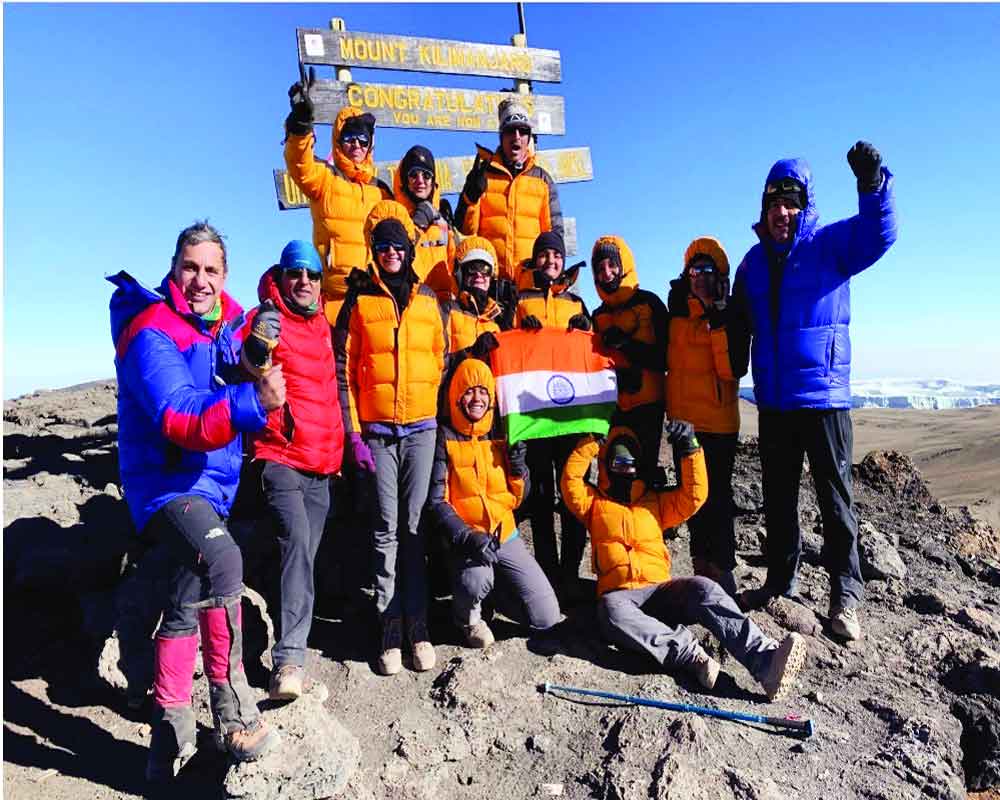
 OpinionExpress.In
OpinionExpress.In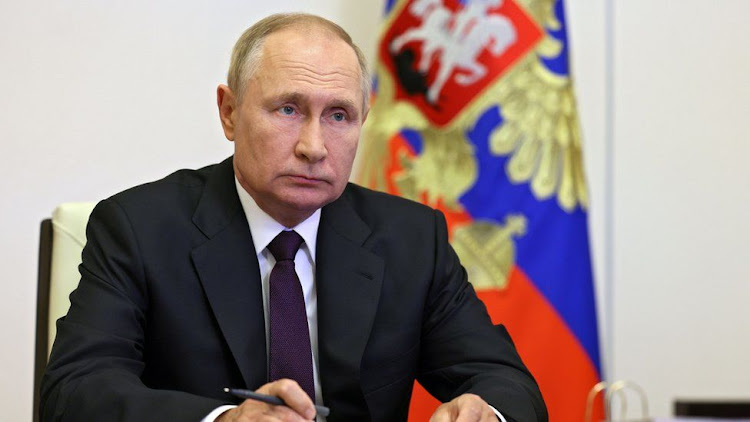


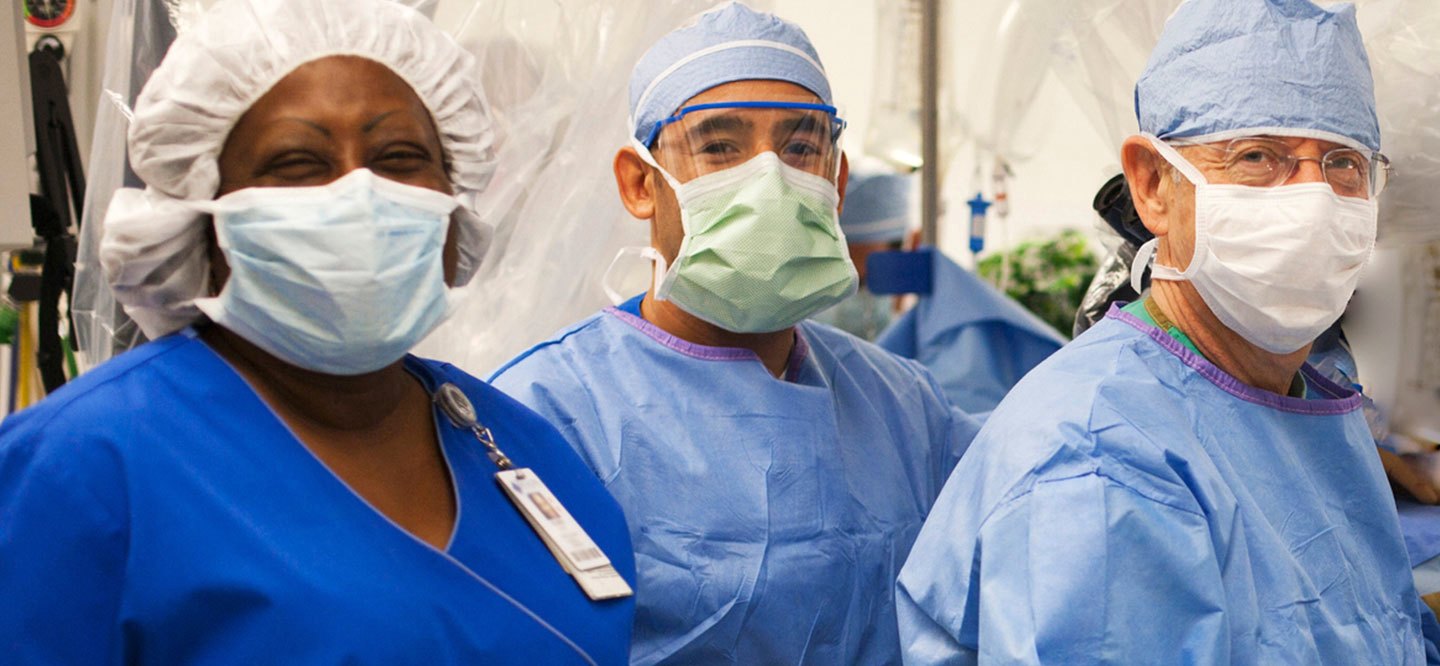
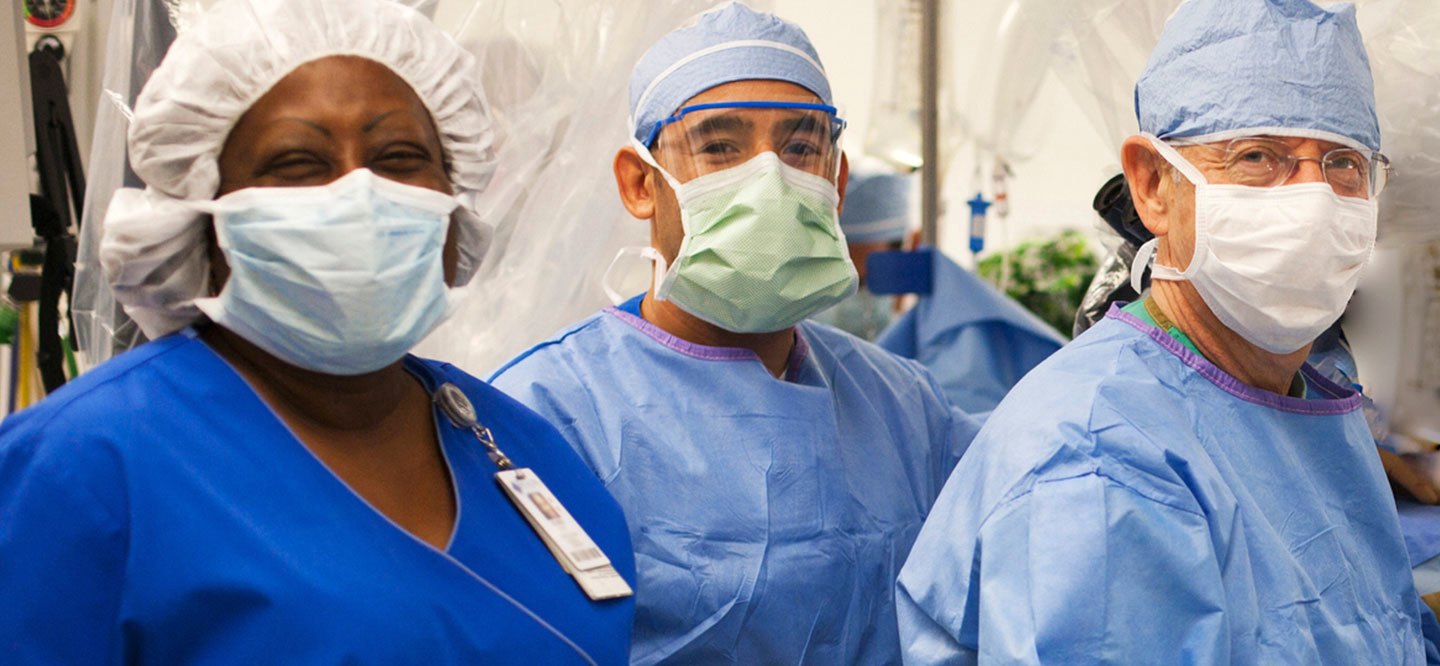

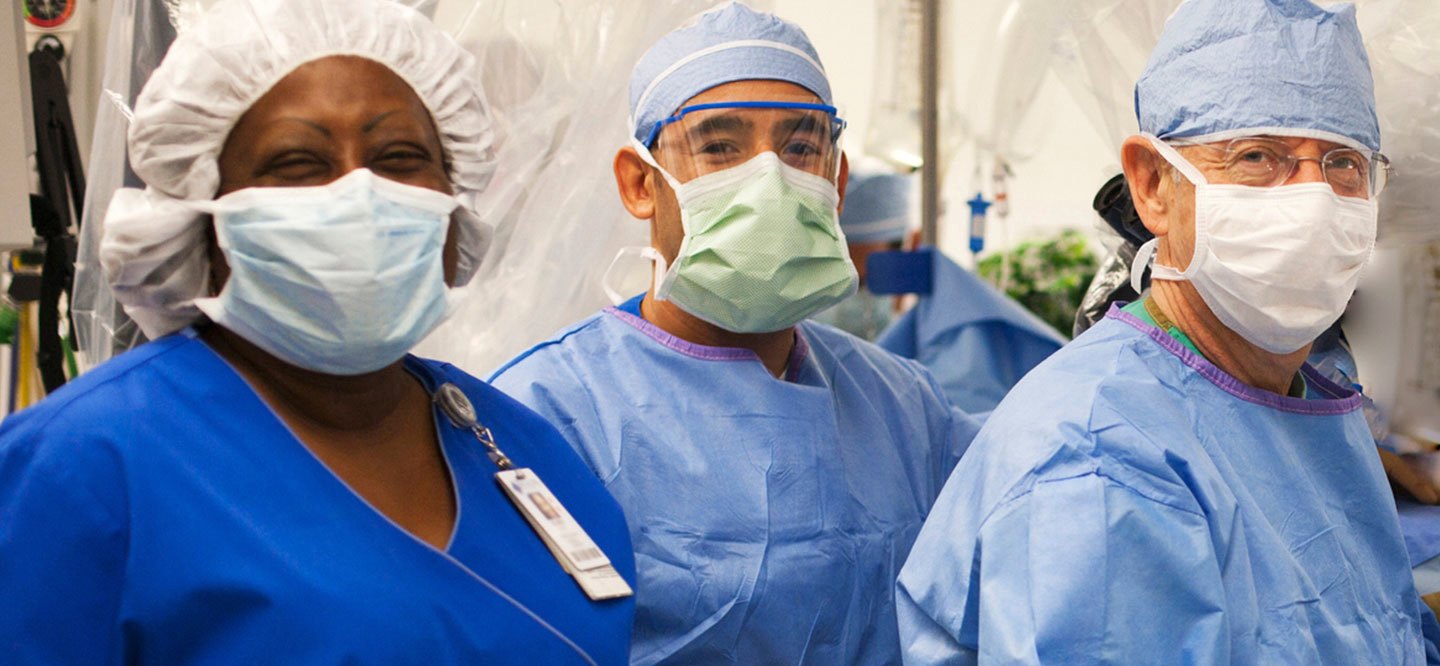









Comments (0)